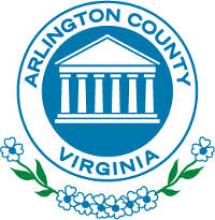Dark Fiber Paying Off in Florida's Lakeland
Near the center of Florida sits Lakeland, the largest city between Orlando and Tampa with 98,000 residents. The area boasts 38 lakes, citrus crops, and a growing healthcare industry. Lakeland also owns a fiber optic network serving education, business, and government. To learn more, we spoke with Paul Meyer, Lakeland Electric City of Lakeland Fiber Optics Supervisor.
The city's municipal electric company, Lakeland Electric, began generating and providing electricity to customers in its service territory in 1904. In the mid 1990s, the utility began replacing older copper connections between substations with fiber-optic cable. Soon after, the Polk County School District asked Lakeland Electric to connect school facilities via the fiber network for video transmissions. By 1997, almost 50 school facilities were connected to each other via using dark fiber provided by Lakeland Electric. In 1994, the District paid $219,582 $84,737 to the utility to design, construct, and install equipment for video connections in four schools. The school received an indefeasible right of use for two fibers for twenty years. over which Verizon delivers data and voice services to the School District on its own lines.
Meyer noted that the fiber project likely cost more than the school paid but the installation gave them the opportunity to expand the network. Further expansion connected the police department, libraries, and water facilities. Over time, the electric utility has incrementally expanded to every building engaged in city business. The network is aerial, using the utility's own poles to mount the fiber.



